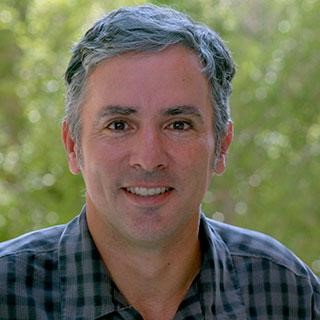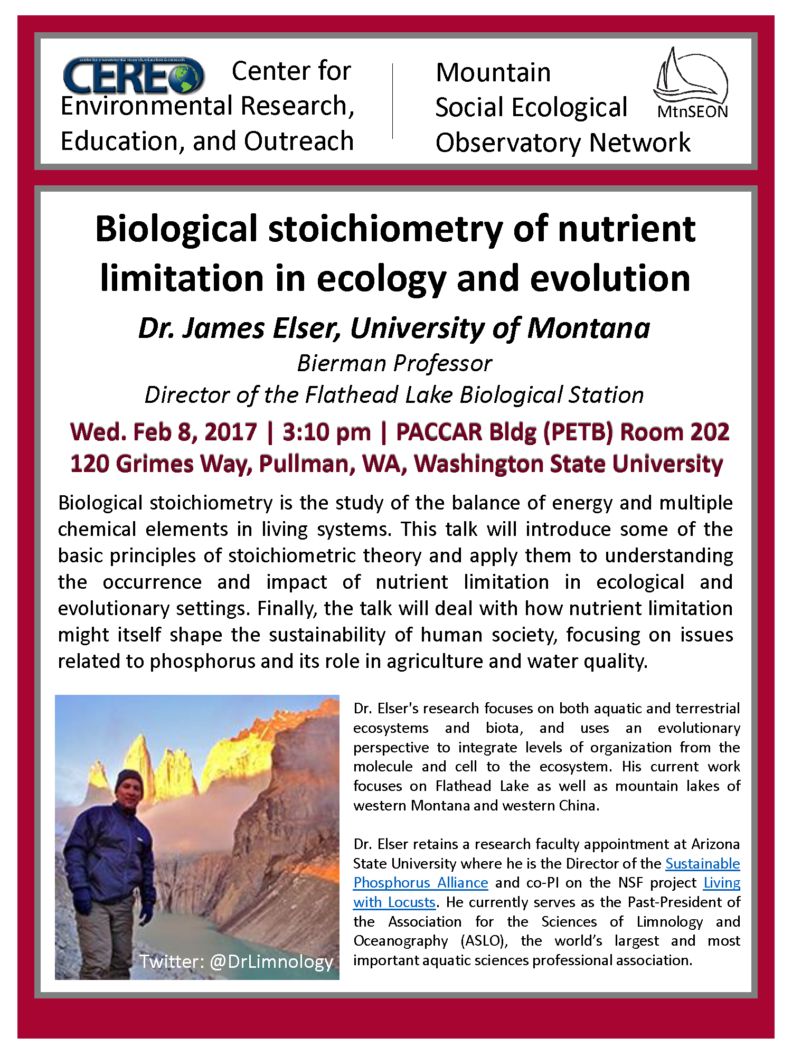UPCOMING OPPORTUNITIES
GENERAL OPPORTUNITIES
WaterSmart Innovations Conference and Exposition Issues Call for Abstracts
October 4-6, 2017 in Las Vegas, NV.
The deadline for receipt of abstracts is Friday, February 10, 2017.
Professionals, scientists, government employees, organizations, public and private institutions, policy makers, students, and all others working in an industry related to water efficiency are invited to submit abstracts for the 10th annual WaterSmart Innovations Conference and Exposition.
For additional information or to submit abstracts, click here.
WRRC 2017 Conference
Tuesday, March 28, 2017, University of Arizona Student Union Tucson, Arizona
Arizona is facing the challenge of future water demands outstripping supplies. Join us as we discuss and debate our options, including water conservation, changing crop mixes, and alternative water sources. Outside-of-the-box collaborative thinking is essential to pave the way for Arizonans to move into our future water reality.
Agenda and Registration
3rd National Adaptation Forum Travel Support Applications are now open!
Travel support to attend the National Adaptation Forum is available in limited quantities due to a handful of generous sponsors and will be awarded through a competitive review process. Eligible applicants include staff from state, county and municipal government, tribal, non-profit organizations, community leaders, and university students working on or studying climate change adaptation. There are five tiers of Travel Support available depending on you travel needs. For detailed application instructions please click here.
Travel Support Applications CLOSE: February 17, 2017
2017 L’Oréal USA For Women in Science fellowship program
Due on Friday, February 3, 2017
The L’Oréal-UNESCO For Women in Science program recognizes and rewards the contributions women make in STEM fields and identifies exceptional women researchers committed to serving as role models for younger generations. More than 2,250 women scientists in over 110 countries have been recognized since the program began in 1998.
For application and more information
Water Resources Research National Competitive Grants Program: Water Resources Research National Competitive Grants Program: Announcement No. G17AS00027 under 104(g)
Deadline: Feb 15, 2017
Proposals are sought on the topic of improving and enhancing the nation’s water supply and
availability, and promoting the exploration of new ideas that address or expand our
understanding of water problems.
For more information and to apply.
Innovations at the Nexus of Food, Energy and Water Systems (INFEWS)
Due date is March 6, 2017.
Maximum award is $2.5 million with a total estimated funds of $40 million.
It is imperative that we determine how society can best integrate across the natural and built environments to provide for a growing demand for food, water and energy while maintaining appropriate ecosystem services. To meet these grand challenges, we are looking for research that enables new means of adapting to future challenges.
http://www.grants.gov/web/grants/view-opportunity.html?oppId=290502
Anticipating the Environmental Impacts and Behavioral Drivers of Deep Decarbonization Request for Applications
Closing Feb 10, 2017
The U.S. Environmental Protection Agency (EPA) is seeking applications proposing research that will contribute to an improved ability to understand and anticipate the public health and environmental impacts and behavioral drivers of significant changes in energy production and consumption in the United States, particularly those changes associated with advancing toward the deep decarbonization necessary to achieve national and international climate change mitigation objectives and avoid the most significant economic and health impacts of climate change.
URL: https://www.epa.gov/research-grants/anticipating-environmental-impacts-and-behavioral-drivers-deep-decarbonization
STUDENT OPPORTUNITIES
The 2017 Bullitt Environmental Fellowship
Due date is April 1, 2017.
Each year, one graduate student attending a university physically located in British Columbia, Washington State, or Oregon is selected for this prestigious award of $100,000, distributed over two years.
For more information on the Bullitt Environmental Fellowship
To Apply
14th Annual P3 Awards: A National Student Design Competition for Sustainability Focusing on People, Prosperity and the Planet
Close Date: 02/03/2017
This college student design competition highlights the use of scientific and engineering principles in creating innovative projects to research and develop sustainable solutions to real world challenges.
For general information on how to apply, visit https://www.epa.gov/P3/how-apply-p3-grant.



